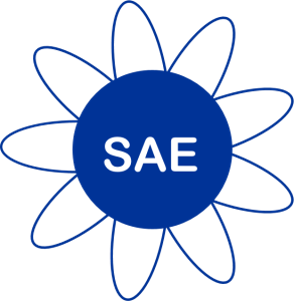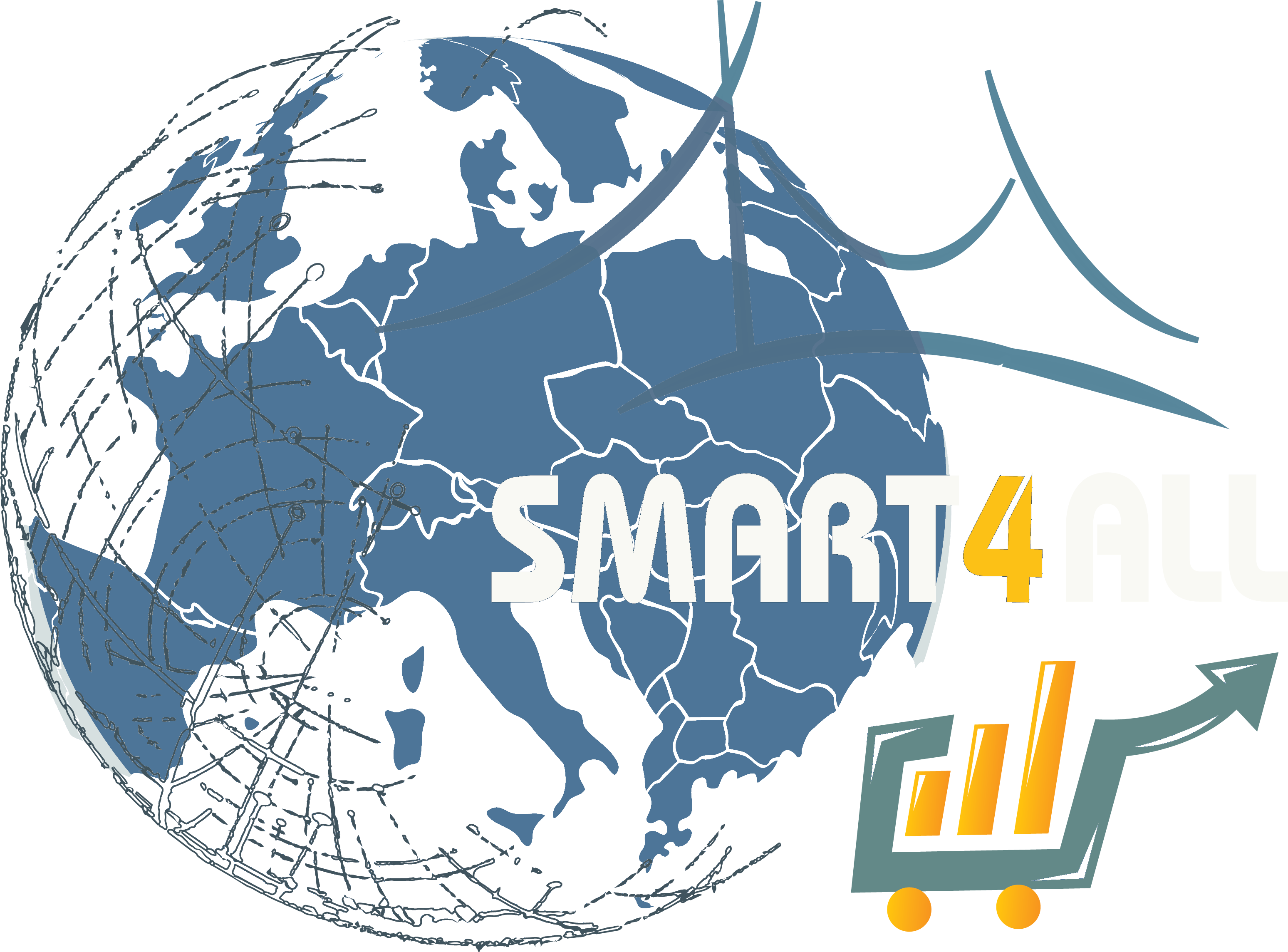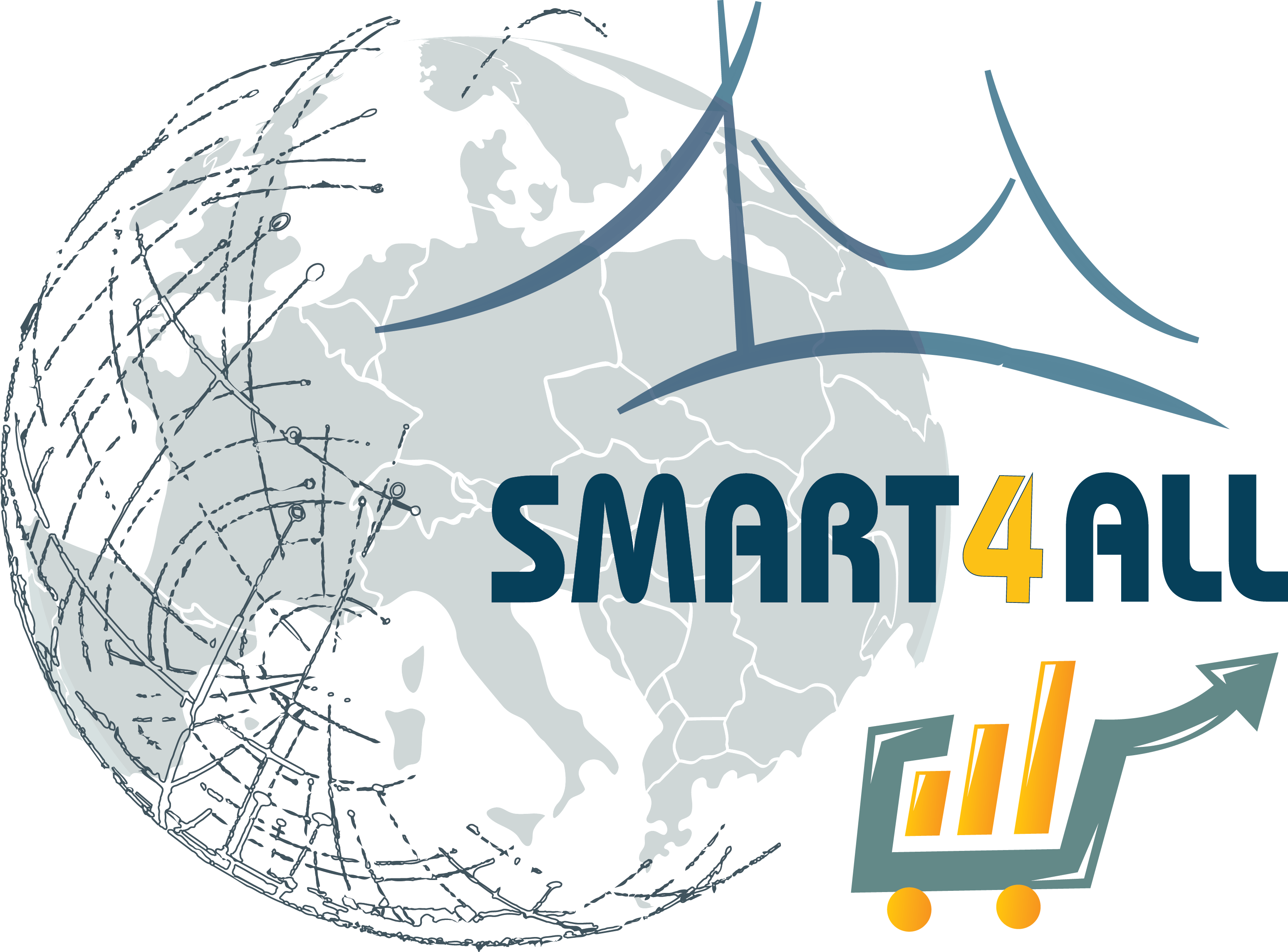Wastewater treatment is a complex process affected by a complex set of factors and different types of pollutants threatening wide ecosystems and extensive target groups. Considering the wide field for innovation on wastewater management in Western Balkan countries and focusing in Serbia, Olympia DataCore, an SME based in Serbia collaborated with Aachen University in Germany to develop a software solution for wastewater treatment supported by artificial intelligence, machine learning and IoT.
Objectives
Rural homes, dominantly poor, depend on clean water both for drinking and agrarian food production. The objectives of ArtWater are: Preservation of the health of impoverished residents by reducing the quantity of pollutants in rivers, which are also sources of drinking water. Reduction of healthcare costs. Economic benefits from the use of low-pollution water in rural homes and rural tourism brought in the well-preserved ecosystem and higher earnings from selling less polluted agriculture products.
Challenges
The missing latest equipment for chemical analysis and monitoring of wastewater treatment processes was substituted by IoT devices.
Technology
ICT technologies: 1. Sensors for pH, redox-potential and conductivity of wastewater were used. 2. Ethernet and wireless networks were used to connect these sensors to a on-premises database. 3. IoT devices (Raspberry PI and Arduino) were used with these sensors. 4. Data driven optimization software based on R and Python technologies were used. Development tools: 1. Python and R were used for developing models of processes, data mining, and visualizations. 2. Common Workflow Language was used for developing data-analysis and modeling workflows. 3. R based tool — Shiny was used for serving these models by a desktop application. Open platforms: 1. RStudio desktop (open source programming IDE); 2. Shinyapps.io (open source platform for deployment of shiny applications); 3. H2O, Tensorflow (open source machine learning platforms and optimization); 4. Redis (open source datastore). 5. Docker (open containerization platform).
Market
Customers that were satisfied via this PAE are: metal industry companies and/or wastewater treatment plants which have wastewater treatment processes. The candidates are primarily companies in the Zlatibor region, Serbia. All of these have effluent industrial water treatment processes which can be optimized with the goal of decreasing consumption of precipitation and coagulation reagents. There is also room for improvement of processes for removal of heavy metals (Cu, Zn, ...) from industrial wastewater.
Consortium
 SMART4ALL has received funding from the European Union’s Horizon 2020 research and innovation programme under Grant Agreement No 872614
SMART4ALL has received funding from the European Union’s Horizon 2020 research and innovation programme under Grant Agreement No 872614
 SMART4ALL is a four-year Innovation Action project funded under Horizon 2020 framework under call DT-ICT-01-2019: Smart Anything Everywhere – Area 2: Customized low energy computing powering CPS and the IoT.
SMART4ALL is a four-year Innovation Action project funded under Horizon 2020 framework under call DT-ICT-01-2019: Smart Anything Everywhere – Area 2: Customized low energy computing powering CPS and the IoT.






